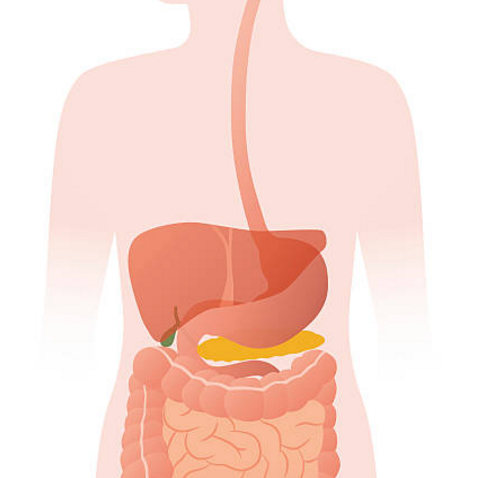General Information
Argon Plasma Coagulation (APC) is a procedure that allows the gastroenterologist to seal irregular or bleeding tissue. It is performed during a panendoscopy or colonoscopy while the patient is sedated. APC involves using argon gas and electrical current to seal the irregular or bleeding tissue without needing direct contact.
Indications
APC may be recommended by your doctor as a treatment option for conditions such as:
- Barrett’s oesophagus
- Oesophageal cancer
- Rectal bleeding (post radiation proctitis)
- Colonic polyps
- Watermelon stomach
Special Considerations
- If you are a diabetic or epileptic, please highlight this on your Patient Medical History Form, which can be downloaded from the following link: Patient Medical History Form. You will be contacted 2 working days prior to the procedure by the Nursing Staff at the Centre and given specific instructions on preparation.
- If you take blood thinning medications please ask your GP or prescribing doctor whether it is safe for you to stop these medications 7 days before your procedure date. If you cannot stop these medications safely, please ensure your paperwork is received 2 weeks in advance of your procedure date and you have highlight this information on your Patient Medical History Form, which can be downloaded from the following link: Patient Medical History Form.
Sedation
These procedures do not require a general anaesthetic. Instead, the Sedationist will administer intravenous sedation via a small needle through a vein at the back of the hand or in the arm. The injection is usually not painful.
Preparation
PANENDOSCOPY and APC: If you are having your APC performed during a Panendoscopy, no bowel preparation is required. Instead, you will need to prepare for the procedure by fasting (no eating or drinking) for a minimum of 4 hours. More details on panendoscopy preparation can be obtained from this link: FM-110-Patient-Information-Gastroscopy-Panendoscopy
PANENDOSCOPY, COLONOSCOPY and APC: If you are having your APC performed during a Colonoscopy, you will need to prepare for the procedure by taking bowel preparation and fasting for a minimum of 4 hours prior to your procedure. We recommend Moviprep as the bowel preparation prior to a colonoscopy. Moviprep can be purchased from any Chemist of from CDD without a script. Please follow this link to the Instructions for Taking Moviprep as an Out-Patient Information Booklet for important information on how to prepare for your Colonoscopy: English-Amended
Post Procedure Care
Please note the following important points after you have your procedures:
- You should not drive or operate heavy machinery for 12 hours following sedation
- Avoid alcohol for 12 hours following your procedures
- Please advise the person picking you up that we prefer that somebody is with you when you are given the results of your procedures
- When you go home, we recommend that a friend or relative stay with you so that you are not alone after sedation.
Unless otherwise instructed by your gastroenterologist, after your procedures:
- You can resume your normal diet and medications immediately
- You can return to work the next day
- You may experience temporary discomfort or bloat for up to 24 hours as air may remain in the stomach or bowel. This will usually resolve without intervention but may be helped by drinking warm fluids, massaging the stomach and passing wind.
- You may experience lightheadedness
Complications
These procedures are considered safe but complications or side effects may occur.
The intravenous injection given for sedation may cause a local reaction or bruising under the skin, but is usually not painful and should not cause permanent damage.
After having a panendoscopy or colonoscopy, some patients may experience temporary discomfort or pain due to the introduction of air into the stomach or bowel. This will usually resolve without intervention in the days following the procedures.
Rarely, major complications can occur. Potential major complications include: perforation (or puncture) of the oesophagus, stomach, small bowel or colon, haemorrhage (or bleeding) following removal of polyps, infection, or cardiac or respiratory arrest related to sedation/anaesthesia.
Major complications are rare and the staff at CDD are all well trained to deal with emergency situations. If you wish to discuss the potential risks or any issues regarding your procedure(s) in more detail, please speak with the gastroenterologist.
Contact Details
Please see the following link for CDD contact details during office hours Monday, Tuesday, Thursday and Friday (7am – 5pm ) and Wednesday (8.30am – 1.30pm): https://centrefordigestivediseases.com/contact-us/. As the Centre is a Day Stay Unit only, if complications following procedure arise outside of business hours you should seek medical attention from either your GP or nearest hospital emergency department.

